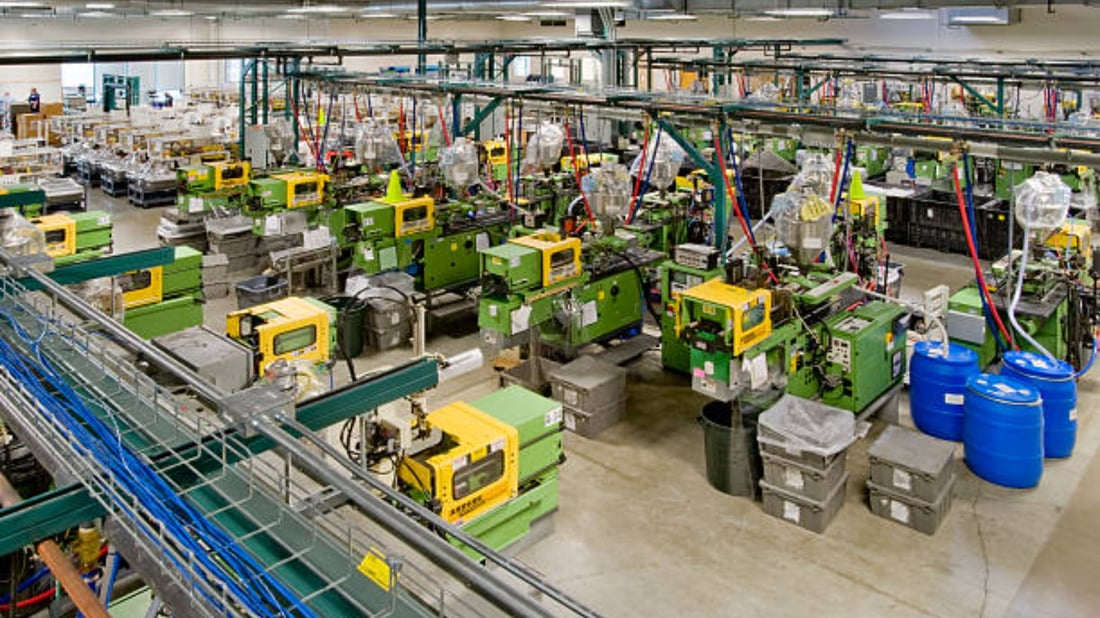High Precision Equipment
CNC milling involves the use of high precision equipment that must be maintained regularly to ensure accuracy. This equipment is costly to purchase and maintain, contributing to the overall expense of CNC milling processes.
Specialized Tooling
In CNC milling, specialized tooling is required to create precise cuts and finishes on various materials. These tools are often made of high-quality materials to withstand the demands of the milling process, adding to the overall cost.
Skilled Labor
Operating a CNC milling machine requires highly skilled labor. These professionals must undergo extensive training to program and operate the equipment accurately. The expertise of these individuals adds to the overall cost of CNC milling.
Material Costs
The materials used in CNC milling processes can also contribute to the expense. High-quality materials, such as metals and plastics, are often required to achieve the desired outcome. Additionally, the waste generated during the milling process can further increase material costs.
Complex Design Requirements
Many projects that require CNC milling involve complex design requirements. These intricate designs may require multiple setups and tool changes, adding to the time and cost of the overall process.
Tight Tolerances
CNC milling is known for its ability to achieve tight tolerances and high precision. Meeting these exact specifications requires careful planning and meticulous attention to detail, which can increase the overall cost of the project.
Energy Consumption
CNC milling machines consume a significant amount of energy during operation. The cost of electricity to power these machines can add up, especially for large-scale projects that require extended milling times.
Quality Assurance
Ensuring the quality of the finished product is essential in CNC milling. This often involves rigorous quality assurance processes, such as inspections and testing, to guarantee that the final product meets the required standards. These additional steps can increase the overall cost of CNC milling.
Economic Factors
External economic factors, such as market demand and inflation, can also impact the cost of CNC milling. Fluctuations in material prices and labor costs can influence the overall expense of CNC milling projects.
Customization and Prototyping
CNC milling is often used for customization and prototyping purposes, where precision and accuracy are crucial. These specialized services require specific technical expertise and attention to detail, which can result in higher costs compared to traditional machining methods.
Quote Inquiry
Contact us!

